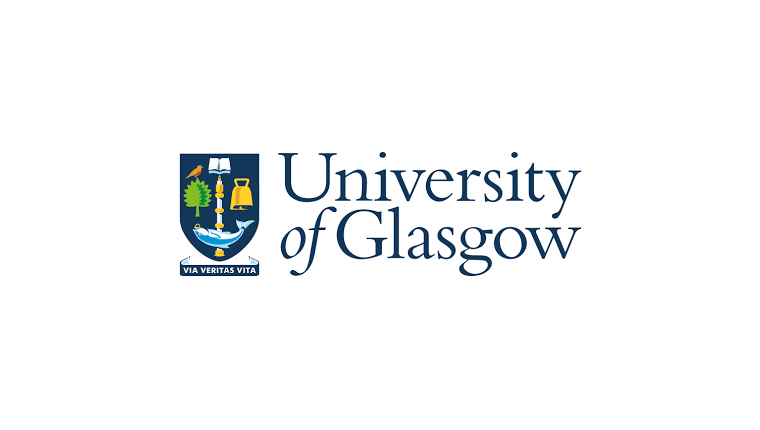
Recent Report Places Glasgow as UK Lead in Pancreatic Cancer Research
A recent report has revealed that half of the top dozen UK pancreatic cancer researchers are based in Glasgow, with all six being affiliated with the University of Glasgow.
The analysis, from the expertscape.com, confirms Glasgow’s position as a leading centre of excellence for pancreatic cancer.
Central to this placement is the Glasgow Precision Oncology Laboratory, led by the University of Glasgow’s Professor Andrew Biankin, who leads a UK-wide flagship therapeutic development platform called Precision-Panc. The University of Glasgow persues a Precision Medicine approach to treating diseases like pancreatic cancer, and Precision Panc is part of the Precision Medicine Ecosystem.
Leading cancer charity Cancer Research UK has invested £10 million in the Precision Panc platform.
Precision-Panc, purpose-built and led by the University of Glasgow, aims to develop cutting edge treatments, and translate them through a series of trials for patients with pancreatic cancer. Information from these trials will guide laboratory science and ultimately new treatments.
Through Precision-Panc, all patients with pancreatic cancer have access to a clinical trial, with a sample of their cancer analysed rapidly and in-depth, using the latest technologies, with the long term hope of targeting the right treatment to the right patients at the right time to improve survival for this lethal disease, where only 5% of people survive five years and the average life expectancy remains six months.
With over 10 centres collaborating across the UK, already 80 patients with pancreatic cancer have been recruited into Precision-Panc, enabling rapid access to precision medicine clinical trials tailored specifically for them.
Prof Andrew Biankin, founder of Precision-Panc, Regius Chair of Surgery and Director of the Wolfson Wohl Cancer Research Centre at the University of Glasgow, said: “What makes Glasgow unique in its ability to tackle pancreatic cancer is the fact we have clinicians and scientists working in close proximity on the same campus with a unified strategy – to create a critical mass for improving outcomes for people affected by pancreatic cancer.”
“Pancreatic cancer is a very aggressive disease, which remains difficult to treat. The University of Glasgow is at the forefront of developing new trials and treatment strategies for this devasting cancer, and these rankings confirm our world-leading position.”
The researchers at the University of Glasgow include Prof Biankin, as well as Dr David Chang; Professor Owen Sansom, Director of the University’s Institute of Cancer Sciences; Dr Jen Morton; Dr Nigel Jamieson; and Prof Colin J McKay.
The Scottish Precision Medicine Ecosystem is managed by the Stratified Medicine Scotland Innovation Centre (SMS-IC) and was given £4m of funding by the Scottish Government in 2016. The Ecosystem brings together healthcare, life sciences industry and academic organisations who want to align their activities through partnership to deliver precision medicine programmes more efficiently and effectively.
Scotland ranks worldwide among the top three for research productivity and impact, with 19 universities and higher education institutions, and world leading research centres, that attract some of the brightest international scientists. Find out more about this, here.